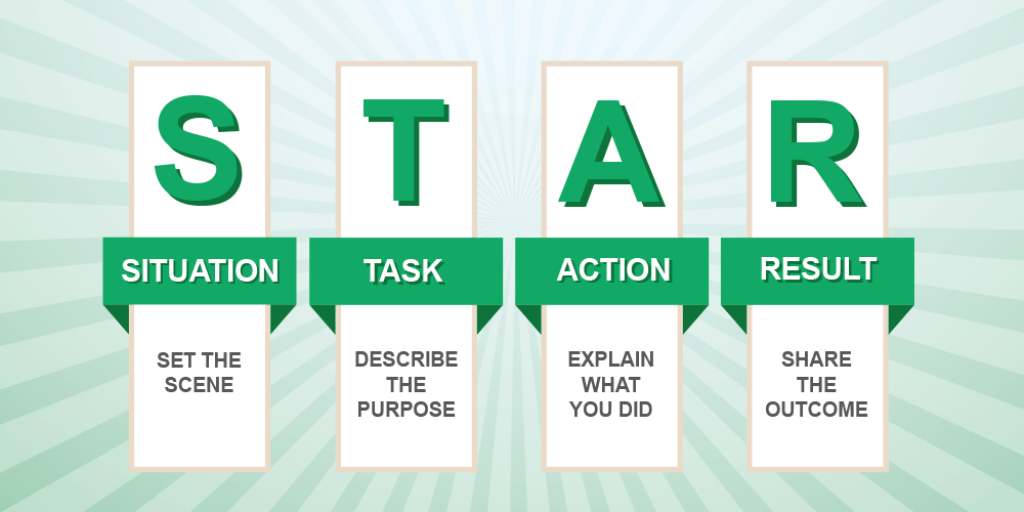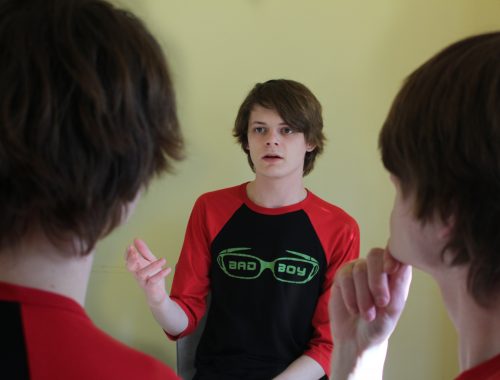Interviews Fake and Real (or) Try to Remember these People are not your Friends, they might be your Boss.
In the run-up to the mock interviews I wasn’t quite sure what I expected. I had questions prepared and was equally prepared for questions that may be asked of me, given the role for which I had chosen to be interviewed. I was (hypothetically) going for the job of sound design and composition assistant. The group that I had been assigned to formed a group chat and we shared with each other the roles which we had chosen. Come the day of the interviews, we were all well prepared. However, it is during the interview that I realise the major difference between this mock interview and the interviews which I had previously experienced. The primary issue in the mock interview was that I did not feel any anxiety that I would usually feel when presenting to an employer. This is usually the first time that they will ever meet you. One missed sentence, or one strangely answered question, and that employer will consider you a less than viable applicant. In this mock interview, I was being questioned by, and I was questioning, people who I would consider my friends. Of course, this meant that even with a hardball question, for example, being asked what I understood by the term sound design and composition in definite terms, it was easy to explain to them that sound design is the shaping of the sound, and composition is the creation of the sound. In my feedback, I was told that my given description was very cohesive. I do not know if I would have given such a cohesive answer if I had not been so at ease.
Although, the feedback I was given was interesting. I was glad that I apparently had a very natural pace and understandable use of language, and that I spoke clearly and with purpose. There were some particular points I noticed I could work on, even in this more laidback setting, was that while many of my answers were considered good, they were also described as potentially not being fully formed. But I was glad to see that the feedback was mostly positive. One perhaps one of the primary reasons for my application of the Star Technique in answering my questions. I always use examples and experiences from past employments. In the context of music, I spoke about a time in which I was working on a track for a client that had very different tastes from my own. (Situation) It was a fusion of irish folk and electronic music and I was having trouble making something they were happy with. (Task) However through a night working in the studio together we were able create something that both of us could be proud of. (Action, Results) I personally didn’t know of the star technique but it is a great way to compartmentalise answers for interviews.

I’ve done a lot of interviews, and that may seem like an overstatement, but considering the short 23 years I have had on this earth, I’d say I’ve had more than your average amount. I’ve interviewed to be a barista, a youth worker, hotel event staff at a five star hotel, front of house waiter, and a cocktail bartender and thankfully, in those instances I got the job. I’ve always found it easy to be confident and talk about my skills, however this is a double-edged sword. I remember one occasion in which coming off one bartending job, I applied for another at a local hotel. It wasn’t until I was in the middle of the interview that I realised that I was wildly unprepared and had completely under-researched the job for which I was interviewing. Important questions, like how exactly I made certain drinks and the hours I would be expected to work, I simply did not have answers for- or at least not good ones. In Anil Maini in their book ‘Technical Interviews, Excel with ease’, they detail the importance of prior investigation: “It is important not only because the organization expects you to know all that but also because it would go a long way in boosting your confidence. In addition, it would help them to assess the level of seriousness that you have for the job in question.” That interview has stuck with me, and I suppose that something like that experience is the best way to learn. Since then, I have achieved other work and made sure to add researched detail to my answers. Funnily enough, this interview was a sharp contrast to one I had taken a few years before for the Merchant Hotel in Belfast. Considering the high prestige of the establishment, I believed that there would be a high bar. For this reason, I researched extensively what subjects I would be questioned on and all the skills this job would require, edited and double-checked my CV and references, and even wore a suit (which they were very impressed by- perhaps why I got the job).
If anything, the mock interviews were encouraging, in that they showed me that I have acquired skills in presenting myself effectively and professionally, but that I still have areas that I could work on. Particularly, it seems that I could learn to add more detail to my answers, especially in the realm of music production, as employers will want to know that I have a full understanding of the technical specifications that a job would require. To this end, while these mock interviews were helpful and reassuring, it’s important to remember that unlike your friends, you have to impress your employer.
It's all a simulation
You May Also Like

Shocker, Tom also sucks at interviews!
18 February 2022
So You Want To Be A Teacher?
17 February 2022

